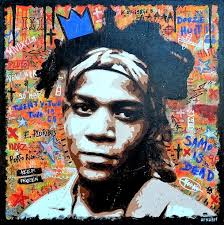 Eight short years. That’s how long it took Jean-Michel Basquiat to secure his legacy as an art world prodigy. He died at the age of 27 from a heroin overdose, leaving behind paintings, drawings, and notebooks, many of which explored themes of counterculture American punk, the urban plight of the African diaspora, improvisational jazz music and the vagaries of fame during the Ronald Reagan-era 1980s. As influential as Basquiat is, most of his work is privately owned and very few public galleries or museums own or exhibit any of his best-known pieces. His paintings very rarely appear at auction and now attract stratospheric prices when they do. In May 2016, Basquiat’s 1982 Untitled painting shattered his auction world record when it was sold for $57.3 million at Christie’s, making him the most financially successful African-American painter in history. Basquiat fanboy (and collector) Jay Z even bragged in his 2013 song Picasso Baby — "It ain’t hard to tell, I’m the new Jean-Michel. Without him, graffiti as an art form would not exist in the way it does today."
2 Comments
The faces of entrepreneurs are changing every day thanks to a mix of youth who are
shattering glass ceilings with their bold and innovative ideas. Once a foreign concept – to start and successfully run a company with little to no business experience – is now a reality. Click here to meet 6 kids who are in charge, focused, and building their own empires with the support of parents, mentors, and their community. 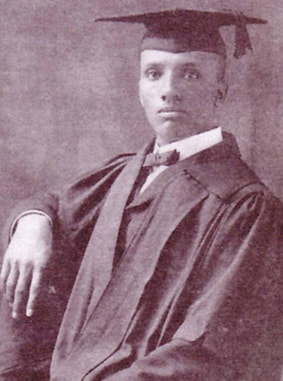 Born in 1875 in New Canton, Virginia, Carter G. Woodson was the second African American to receive a doctorate from Harvard, after W.E.B. Du Bois. Known as the "Father of Black History," Woodson dedicated his career to the field of African-American history and lobbied extensively to establish Black History Month as a nationwide institution. He also wrote many historical works, including the 1933 book The Mis-Education of the Negro. He died in Washington, D.C., in 1950. With its focus on the Western indoctrination system and African-American self-empowerment, Mis-Education has become required reading at numerous colleges and universities. Woodson lobbied schools and organizations to participate in a special program to encourage the study of African-American history, which began in February 1926 with Negro History Week. The program was later expanded and renamed Black History Month. (Woodson had chosen February for the initial week-long celebration to honor the birth months of abolitionist Frederick Douglass and President Abraham Lincoln.) 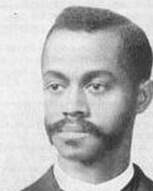 Enslaved African American Nat Turner led an effective rebellion with fellow slaves in Southampton County, Virginia, U.S. in August 1831. The rebels gathered guns and horses and went to each plantation to free other slaves. These actions led to new harsher laws and solidified pro-slavery. After the rebellion, Turner hid for almost two months, but he was discovered in Virginia and was hung with 16 of his followers. 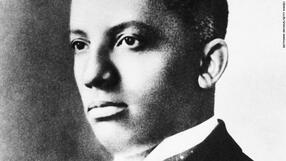 February marks Black History Month, a federally recognized, nationwide celebration that calls on all Americans to reflect on the significant roles that African-Americans have played in shaping US history. But how did this celebration come to be -- and why does it happen in February? Read more here. 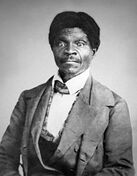 Dred Scott was a slave who, in 1848, sued for his freedom based on his residence in a territory where slavery had been banned by the Missouri Compromise. The case, also known as Dred Scott v. Sandford, went to the Supreme Court, which decided in 1857 that the Missouri Compromise was unconstitutional and that blacks had no rights under American law. 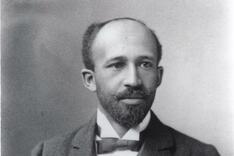 W.E.B. DuBois was an American educator, editor, and writer, and he was the co-founder of the NAACP. In addition, DuBois was the NAACP Director of Publicity and Research, a member of its board of directors, and founded The Crisis, its monthly magazine. In The Crisis, Du Bois directed a constant stream of agitation – often bitter and sarcastic – at white Americans while serving as a source of information and pride to African Americans. The magazine always published young African American writers. Amongst his many other accomplishments, W.E.B. DuBois was also the first African American to earn a Ph.D. from Harvard University in 1909. 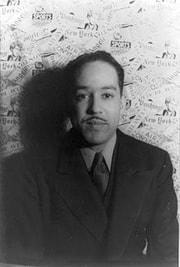 In the 1920s, Langston Hughes was a leader of the Harlem Renaissance, which focused on African-American writers, poets, musicians, and artists. Hughes wrote several plays and poetries, and he also wrote columns for the Chicago Defender in which he addressed racial issues. His book based on black themes and heritage, “The Weary Blues,” earned him the first prize in a literary competition by Opportunity magazine. He worked for several American newspapers during the Spanish Civil War as a war correspondent. Thurgood Marshall was the first African-American Associate Justice of the Supreme Court of the United States, from 1967 to 1991. The civil rights advocate was also the legal counsel for the NAACP and fought against Jim Crow laws, which enforced racial isolation in the Southern parts of the U.S. Before being appointed to the Supreme Court, in 1961, he was appointed to the U.S. Court of Appeals by President John F. Kennedy and four years later in 1965, he was appointed as the solicitor general by President Lyndon B. Johnson, becoming the first African-American to hold the office.
 Stevie Wonder: a musician, singer, songwriter, and record producer who is the most ever awarded male solo artist, having won 25 Grammy Awards along with a Lifetime Achievement Award in 1996. His singles, including “Superstition” (1972), "Sir Duke" (1976), "You Are the Sunshine of My Life" (1973), and "I Just Called to Say I Love You" (1984), along with his albums have made him one of the top 60 best-selling music artists in the industry. Wonder was named the United Nations Messenger of Peace in 2009 for his work as a political activist. Along with the Rock and Roll Hall of Fame, Wonder also has a spot in the Songwriters Hall of Fame and earned a Presidential Medal of Freedom in 2014. |
For frequent updates, visit the Facebook page of Austin NAACP President Nelson Linder!
Archives
July 2024
|

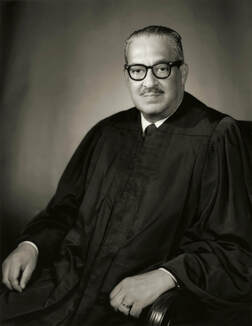
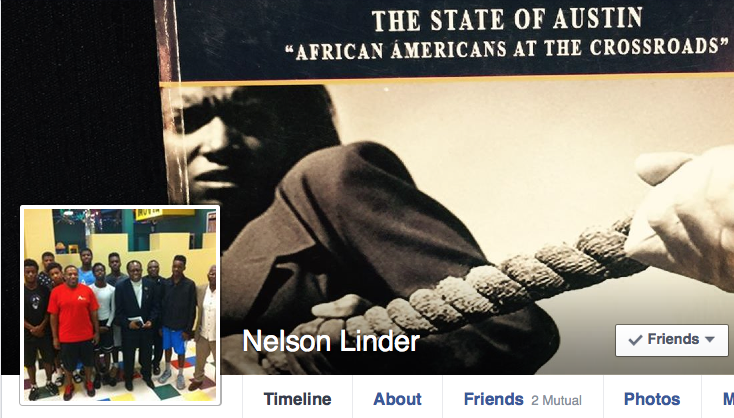
 RSS Feed
RSS Feed